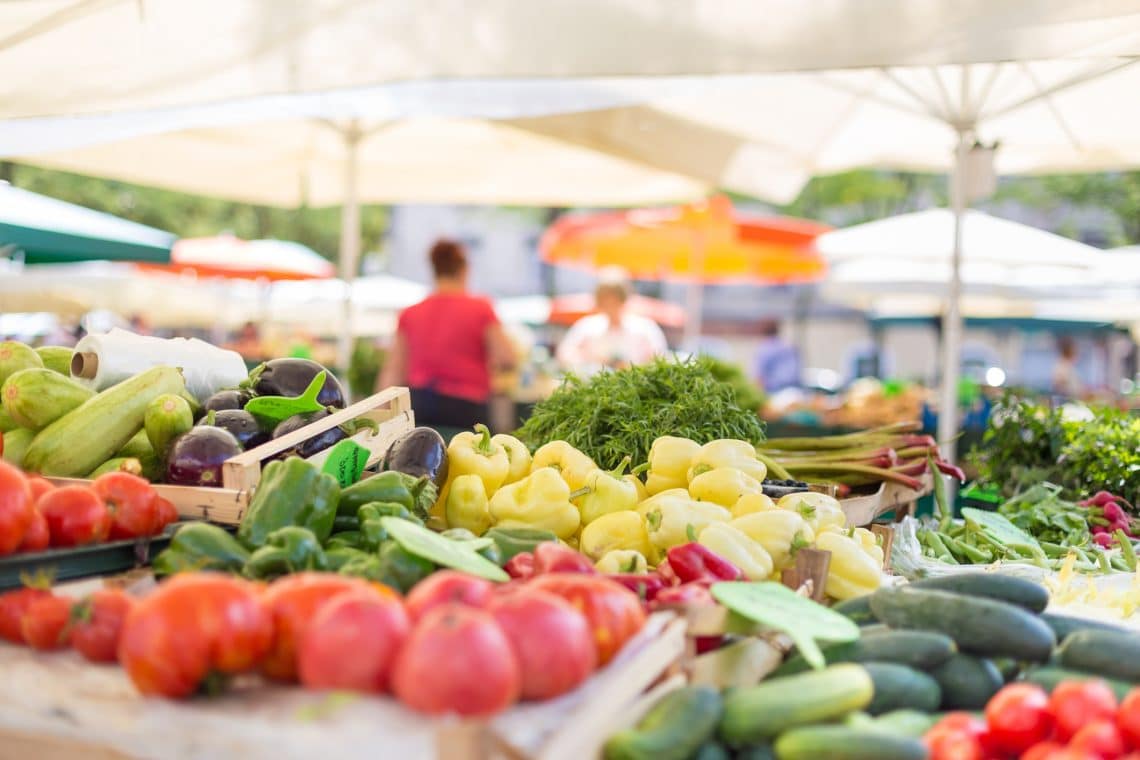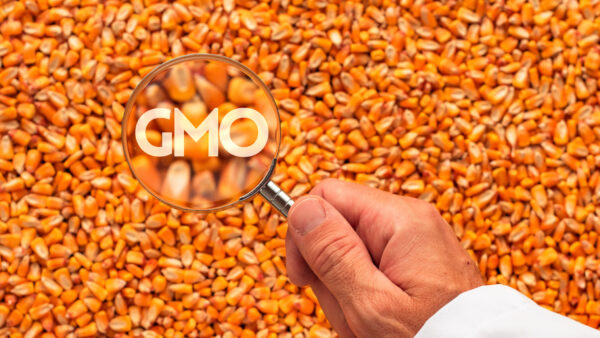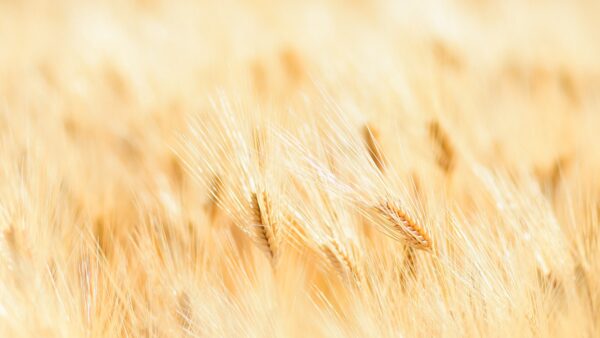Helping seed companies better manage vegetable seed quality is top-of-mind for the International Seed Federation (ISF). Exactly a year ago, it unveiled a new guide to good seed production practices. Around the same time, it also released its a guide for maintaining plant genetic integrity of conventional vegetables.
Here’s a quick look at each guide and what it offers as the vegetable industry prepares to meet future challenges.
Maintaining Plant Genetic Integrity of Conventional Vegetables
Maintaining plant genetic integrity and avoiding adventitious presence (AP) of GM plant material is the main focus of this guide, produced with Excellence Through Stewardship, a not-for-profit global industry-coordinated organization that promotes the universal adoption of stewardship programs and quality management systems for the full life cycle of biotechnology-derived plant products.
“There are no major issues at the moment, because most of the companies are diligent in their breeding and production processes. However, to maintain the status quo, companies need to regularly identify and assess the potential factors that may contribute to AP-related incidents”, says Szabolcs Ruthner, ISF regulatory affairs executive.
The guide deals with quality management systems and risk management for the full lifecycle of vegetable breeding and seed production to address AP that could be present. It is relevant at every stage of the plant product lifecycle, from research and development to commercialization and post-market activities.
It assesses the potential factors that may lead to an AP-related incident, and how organizations can mitigate the impact of such an incident by proactively broadening their scope of activities, quality management systems and stewardship practices. The guide works alongside ISF’s GM database that includes information on current and former GM vegetable field trials, GM vegetable commercialization, and GM activities of species crossable with particular vegetables species. This database is accessible only for ISF members upon request.
Guide to Good Vegetable Seed Production Practices
The result of a fruitful collaboration between ISF’s Working Group for Vegetable Seed Production and the Asia Pacific Seed Association’s Vegetable Group, the good practice guide is designed to assist stakeholders, seed companies and seed producers engaged in vegetable seed production and sales to ensure the integrity of the production chain from stock seed to commercial seeds.
“Intellectual Property (IP) infringements and loss of genetic material are still huge problems in many areas of the world”, says Ruthner. “We developed this guide with a view to safeguarding IP rights and other rights of the parental lines in general. Our aim was to provide practical suggestions to help companies protect IP rights to limit/eliminate the loss of any genetic material in the seed production process.”
This collection of experiences shows how to prevent or minimize the possibility of theft of parental lines. It includes real-life tips and hints on the tiniest details, from what to wear and how to behave when visiting a seed company production site, to how to guard seed production areas.
“The first and most important step”, adds Ruthner, “is for companies to educate and train their own staff about IP rights. Most of the time it’s enough to enhance or fine-tune existing practices.”
—with files from the International Seed Federation













